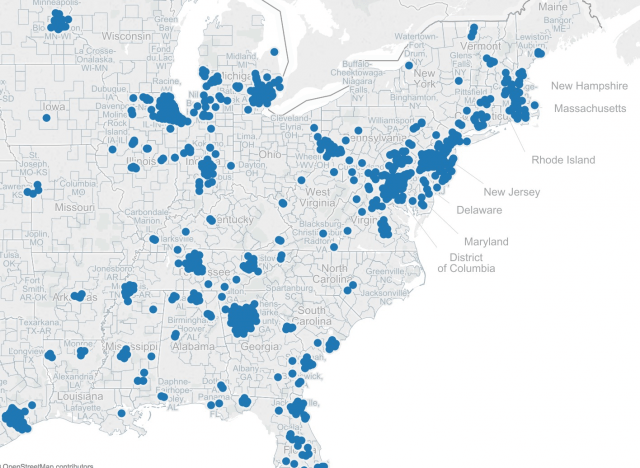 An aversion of open, hilly landscapes and trees is apparently responsible for keeping residents of rural Connecticut from getting broadband service from the state’s two dominant providers — Comcast and Frontier Communications.
An aversion of open, hilly landscapes and trees is apparently responsible for keeping residents of rural Connecticut from getting broadband service from the state’s two dominant providers — Comcast and Frontier Communications.
In the Litchfield Hills of northwestern Connecticut, you can visit some of the state’s finest antique shops and Revolutionary War-era inns, tour vineyards and even establish roots in the Upper Naugatuck Valley in towns like Barkhamsted, Colebrook, Goshen, Hartland, Harwinton, Litchfield, Morris, New Hartford, Norfolk, Torrington, and Winchester. Just leave your cellphone, tablet, and personal computer behind because chances are good you will find yourself in a wireless dead spot and Internet-free zone.
Obtaining even a smidgen of cell phone service often means leaning out a second story window or worse, climbing the nearest church steeple. The wealthiest residents, often second-homeowners from New York or California, can afford to spend several thousand dollars to entice the cable company to extend a coaxial cable their way or buy commercial broadband service at eye-popping prices from Frontier Communications, which acquired AT&T’s wireline network in the state. But for many, dial-up Internet remains the only affordable or available option.
Despite the area’s significant number of high income residents ready and willing to pay for service, Comcast and Frontier blame hilly terrain and dense woods for staying away. Those excuses get little regard from residents who suggest it is all about the money, not the landscape.
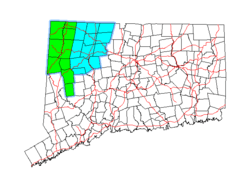
Broadband-challenged areas in northwest Connecticut are shown in green and the often “No signal” and “No Internet” Litchfield Hills region is shown in blue.
Despite the need for service, deregulation largely allows cable and phone companies to decide where to offer broadband service, and arguments about fulfilling a public need and performing a community service don’t get far with Wall Street and shareholders that constantly pressure companies to deliver profits, not expensive investments that may never pay off.
State Rep. Roberta Willis (D-Salisbury) told the Register Citizen News the status quo is not acceptable — telecommunications companies are not doing enough to build out their networks.
“You just can’t say it’s the topography and walk away,” she told the newspaper. “If electricity companies were deregulated like this there would be no electricity in my district.”
Comcast spokeswoman Laura Brubaker Crisco claims the company extended cable service nearly 62 miles in northwest Connecticut since 2005 (ten years ago) and completed nearly 100 projects extending fiber more than 10 miles in the past two years. But many of those projects overhauled Comcast’s existing middle-mile network and extended cable service to profitable new markets serving commercial customers, especially office parks and commercial storefronts. Comcast’s other priority was to reach new high-income residential developments being built as the area continues to grow. Rural customers who could not meet Comcast’s Return On Investment formula in 2005 are still unlikely to have service in 2015 unless population density increases in their immediate area.
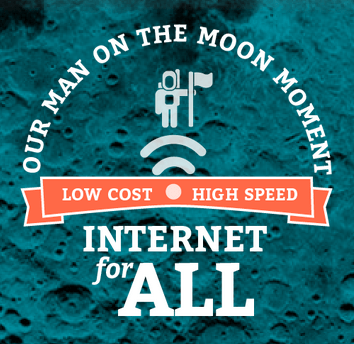
Connecticut’s effort to extend gigabit fiber statewide is dismissed as a waste of money by incumbent cable operators.
Crisco admits Comcast does not wire low density areas and isn’t surprised other providers won’t either.
Frontier prefers to blame the area’s topography for keeping broadband out.
David Snyder, vice president for engineering for the east region of Frontier Communications, told the newspaper “it’s just natural the investment and the time become more challenging.”
Frontier does say it has expanded broadband to 40,000 additional households in Connecticut since taking over for AT&T a year ago. But nobody seems to know exactly who can get broadband in the state and who cannot. The have-nots are the most likely to complain, and those businesses that serve visitors are in peril of losing business without offering reasonable Wi-Fi or Internet access. Rural families with school-age children are also at risk from having their kids fall behind those that can get broadband.
Wireless Internet Service Providers, which offer long-range wireless broadband in rural areas, complain the federal government is wasting money on studies instead of helping to underwrite solutions that can quickly bring Internet access to the rural masses.
Others believe talking to Frontier and Comcast is futile. They prefer to follow the lead of western Massachusetts, where 24 small communities across the region have joined forces to build a public fiber to the home broadband network. One estimate suggests 22 Connecticut towns covering 200,000 residents could be reached with a bond-financed fiber network completed by 2018. That network would likely reach more unserved customers than Frontier or Comcast will elect to serve over the next three years combined.
A separate effort to establish gigabit fiber broadband across the state — the CT Gig Project — promptly ran into a buzzsaw of opposition, primarily from incumbent telecommunications companies that refuse to offer that service now. With a threat to current profitable business models, it was not unexpected to hear opposition from Paul Cianelli, CEO of the New England Cable & Telecom Association — a cable company lobbying group.
He called public broadband unnecessary and “potentially disastrous.” He wants assurances no government subsidies or loan guarantees are given to the project. He also said providing gigabit service was unnecessary and faster Internet speeds were not important to the majority of customers in the state. Public broadband proponents respond Cianelli should tell that to the residents of Litchfield Hills and other unserved and underserved communities.


 Subscribe
Subscribe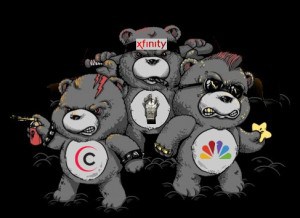
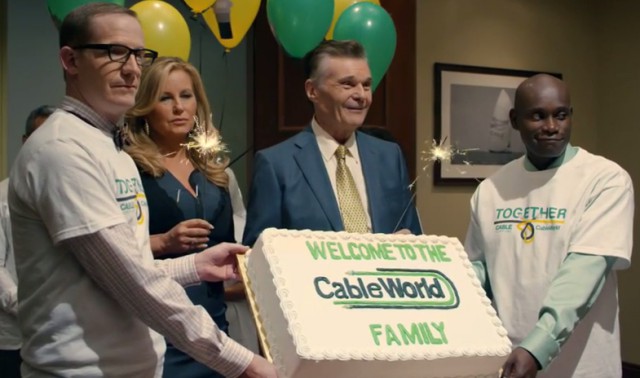
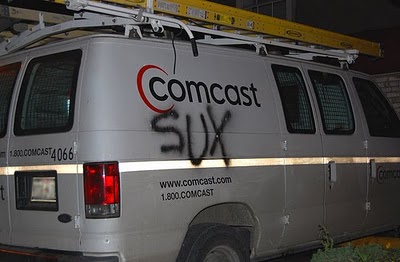
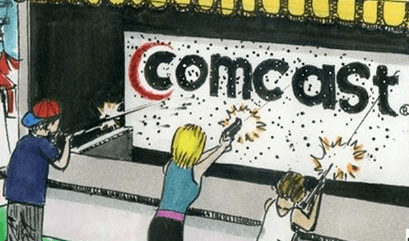 Despite
Despite 